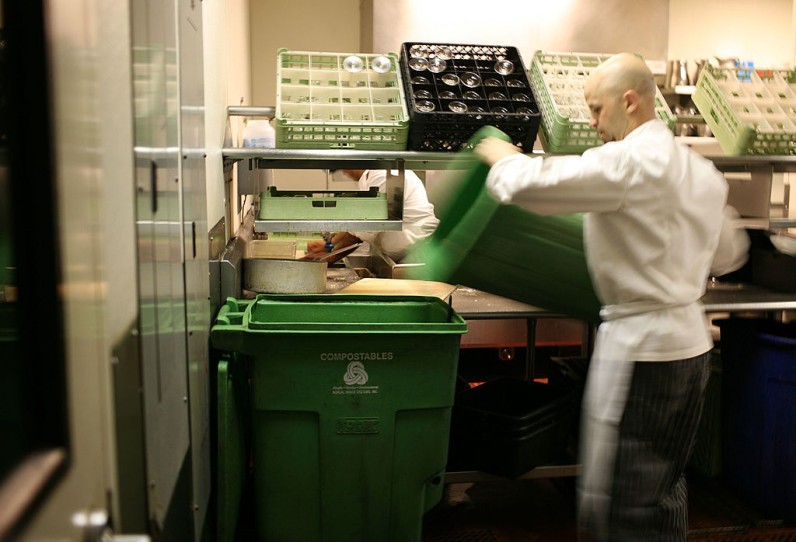About one-third of all food produced in the United States is wasted and in landfills. Hungryroot, a meal delivery startup, contributes to the fight against food waste by using artificial intelligence (AI) to precisely portion.
Citing a recent study, CNBC tells us that food production contributes significantly to global greenhouse gas emissions, with 26% attributed to this sector. While many believe that eating locally reduces carbon footprints, transport emissions only comprise 6% of total food emissions.
Instead, supply chain emissions, which include food waste, play a more substantial role. Hungryroot acknowledges this and has integrated AI into its operations to minimize waste - but how?
Slashing Food Wastes One Precise Portion at a Time
Hungryroot is committed to giving customers precisely what they need for their week. Through a comprehensive questionnaire covering food preferences, allergies, and cooking habits, Hungryroot's AI technology creates personalized grocery plans. This tailored approach reduces food waste and simplifies the cooking process for customers.
Customers receive a list of recommended items for their weekly cart, which they can approve or modify. Hungryroot's algorithms even consider factors like surplus inventory, recommending more of an item if it's readily available.
This attention to detail has reportedly led to an impressive 80% reduction in food waste at Hungryroot's facilities compared to traditional supermarkets.

Hungryroot Achieves Profitability in E-Commerce Food Market
Jeremy Liew, a partner at Lightspeed Venture Partners and backer of Hungryroots, told CNBC that the company has been profitable for three to four years, which is uncommon for many e-commerce food businesses. Hungryroot's financial success demonstrates the viability of its model despite being in the competitive e-commerce food industry.
Hungryroot's operational model offers flexibility, convenience, and cost-effectiveness to customers. With plans starting at $69, individuals can enjoy personalized grocery deliveries tailored to their dietary needs and preferences.







Join the Conversation